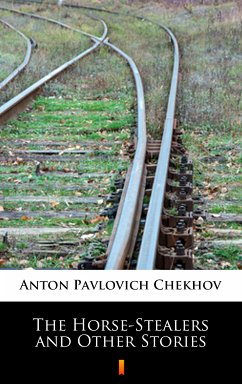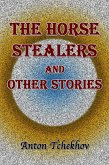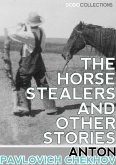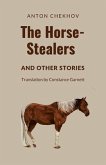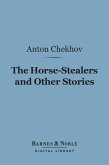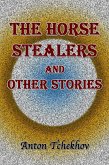There is a trial of the bare and thin peasant Denis Grigoriev. He is accused of unscrewing the nut, which rails are attached to the cross ties. "The little man" does not deny this, but does not see his guilt. The investigator finds out that Denis, like other men, unscrews the nuts in order to make them sinkers. The defendant sincerely does not understand that such unscrewing can lead to train accidents and death. The investigator sends the attacker to prison, but he still does not understand what he did.
Dieser Download kann aus rechtlichen Gründen nur mit Rechnungsadresse in A, B, BG, CY, CZ, D, DK, EW, E, FIN, F, GR, HR, H, IRL, I, LT, L, LR, M, NL, PL, P, R, S, SLO, SK ausgeliefert werden.

